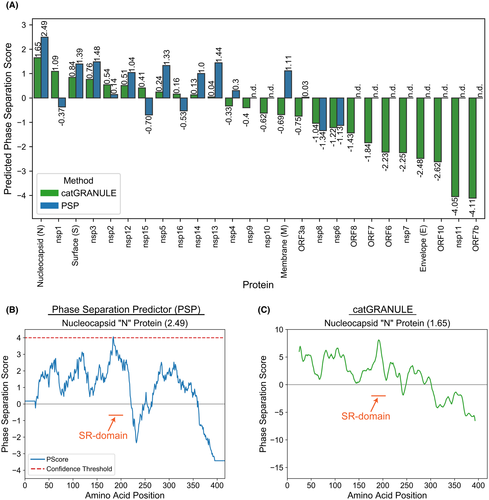Recently, in a research report published in The FASEB Journal, scientists from Colorado State University and other institutions discovered that a special kind of virus-encoded by SARS-CoV-2 (the virus that induces COVID-19) protein may be directly related to the rapid spread of viruses in the human body. Now scientists have begun to reveal the key features of the SARS-CoV-2 virus through the use of basic research tools and bioinformatics analysis, and these features are expected to help scientists develop new therapies for COVID-19 in the future.
Before the COVID-19 outbreak, these researchers have been studying prions. Prions are misfolded proteins that can transfer abnormal shapes to normal mutants of the same protein. Prions can cause multiple lethalities and transmittable neurodegenerative diseases, such as mad cow disease, Creutzfeldt-Jakob disease, etc., the researchers focus on the lower complexity of the protein sequence domains, these regions in the amino acid composition and chemical behavior are different from typical regions. The interesting thing about these low-complexity protein domains is that they have a liquid-liquid separation trend, similar to the separation of oil and water. Some of these proteins will form “biomolecular aggregates” in the cell, that is, the high degree concentrated small area of intracellular protein, which is similar to the oil droplets formed when oil is separated from the water. Earlier this year, when the researcher Ross and his colleagues began to study SARS-CoV-2, they found that the nucleocapsid (or N protein) of SARS-CoV-2 also has a lower complexity domain, whose liquid-liquid phase separation can be used to promote the packaging of viral RNA, thereby forming a new virus that can infect adjacent cells. The N protein is directly related to reducing the antiviral stress response in infected cells. Pressure particles (a kind of biomolecular aggregates) are usually formed in the cells to respond to changes in the environment. These particles also have antiviral effects.

Researcher Ross said that cells can respond to stressful events by making changes in the cellular environment, including modification of certain proteins; however, viruses try to evade the cell’s defense mechanisms. They want to infect cells by regulating these pressure particles, the virus can reduce the antiviral response-ability of the host cell by intercepting the normal pressure response of the cell. Since the research report was accepted on May 31, four other laboratories have confirmed some of the N protein hypotheses in this study.
The application studied in this article may be expected to help develop treatments for patients who have been infected with the virus, rather than prevent infection like a vaccine. Finally, the researchers said that, from a medical point of view, if it can combat the virus’s ability to interfere with cellular immune defense, we may be able to help cells effectively fight viruses; researchers believe that this may belong to a very basic scientific category. If they can understand the refined process of virus infecting cells, they may be able to try to design a drug to reverse or interfere with this process in the future.
Reference
Sean M. Cascarina,Eric D. Ross. A proposed role for the SARS-CoV-2 nucleocapsid protein in the formation and regulation of biomolecular condensates, The FASEB Journal (2020).doi:10.1096/fj.202001351.